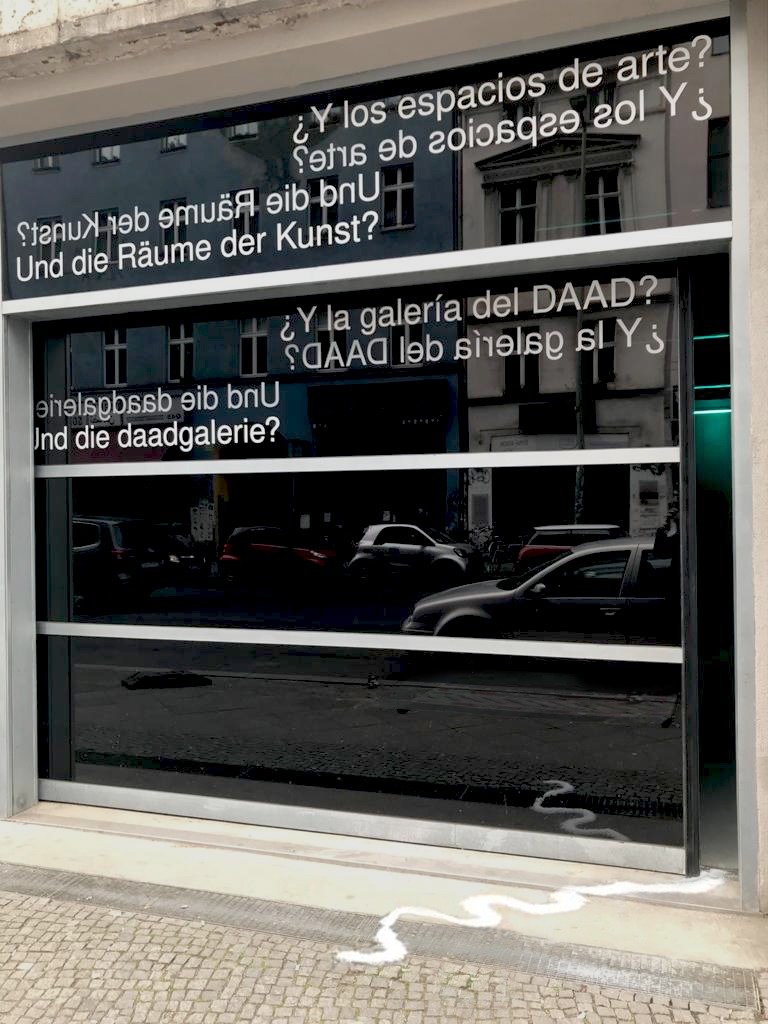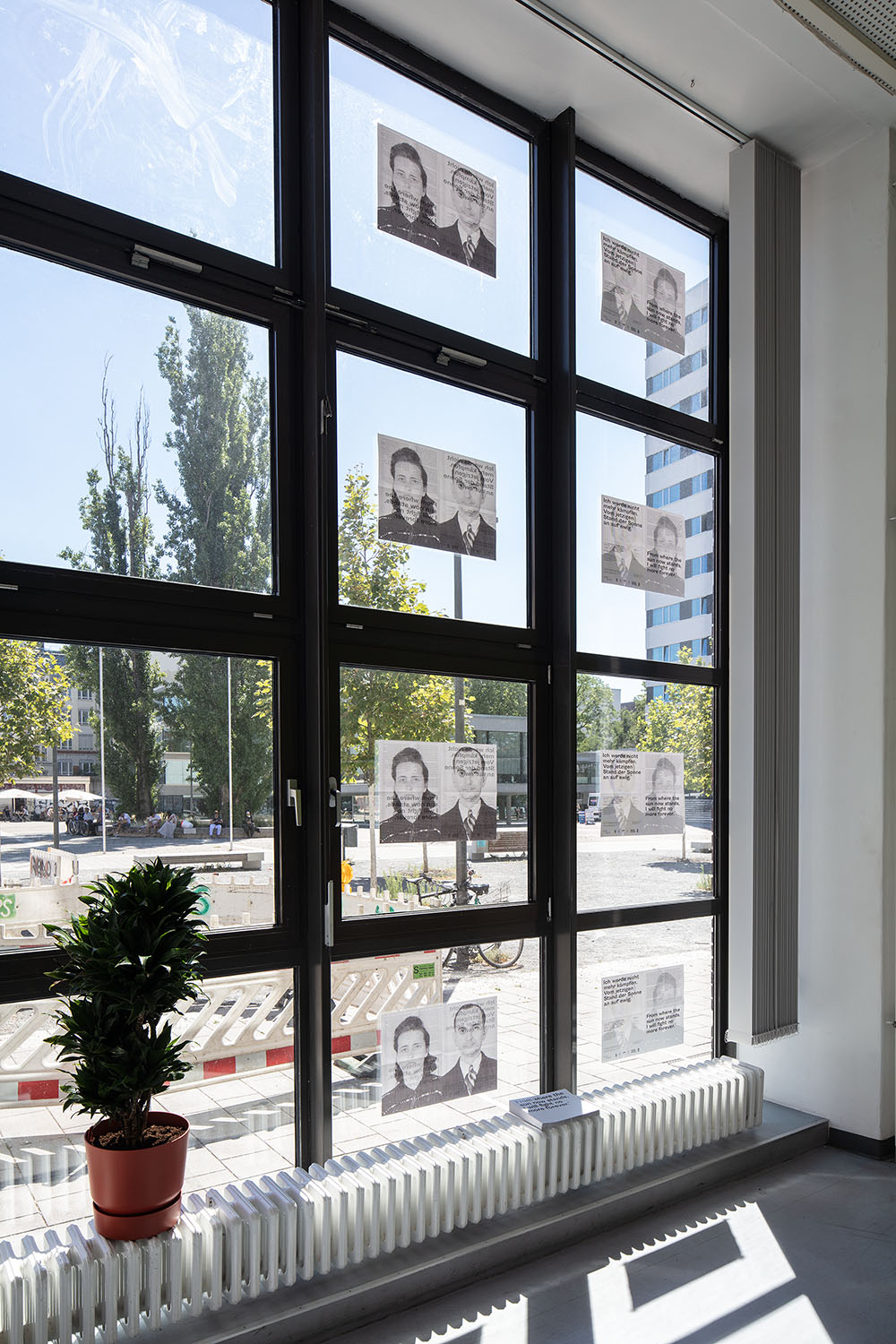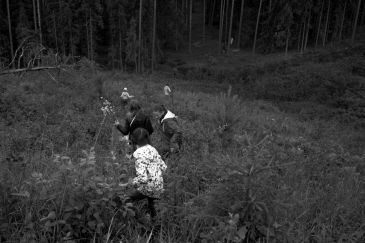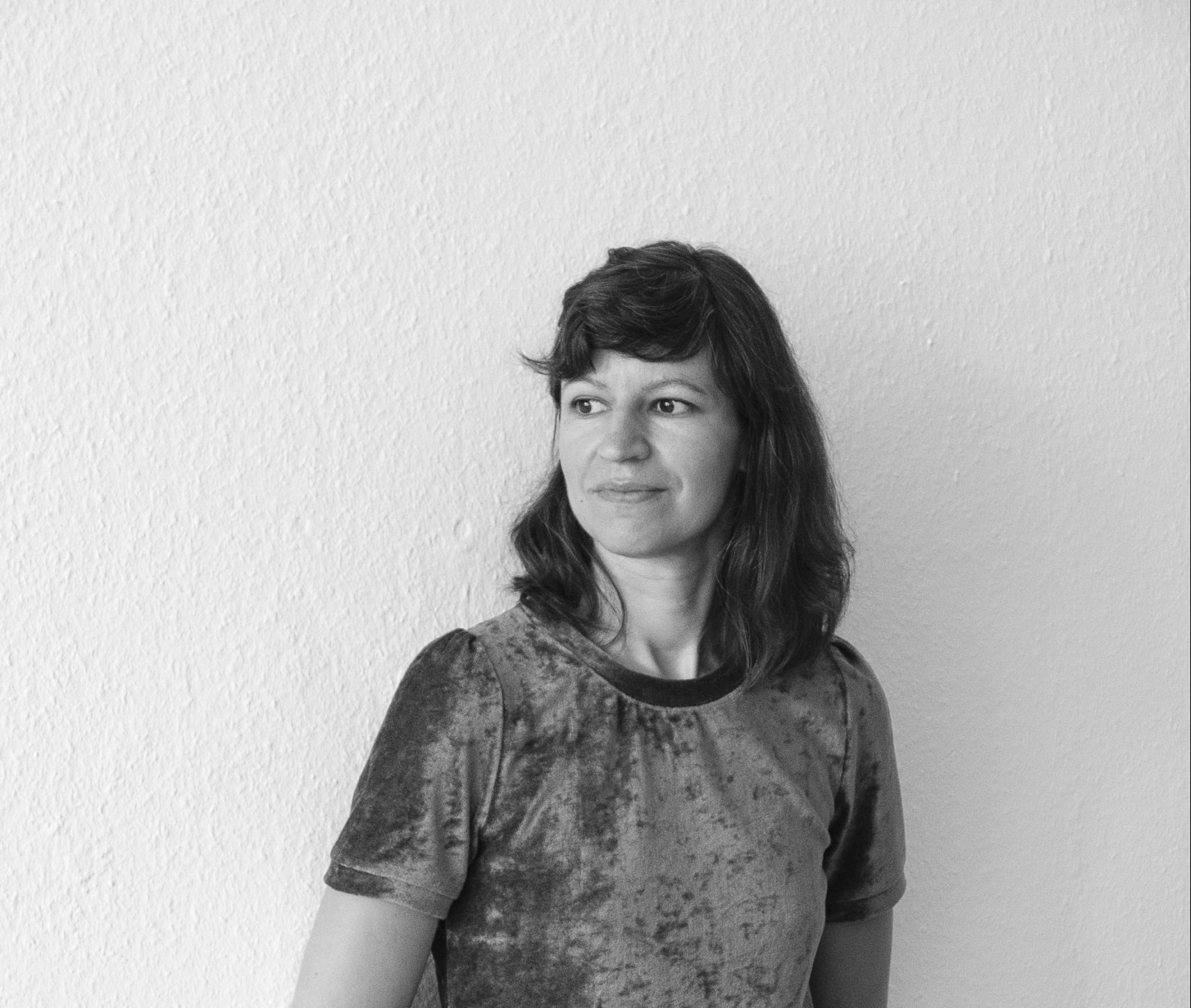Latvia, Visual Arts, 2019
Ieva
Epnere
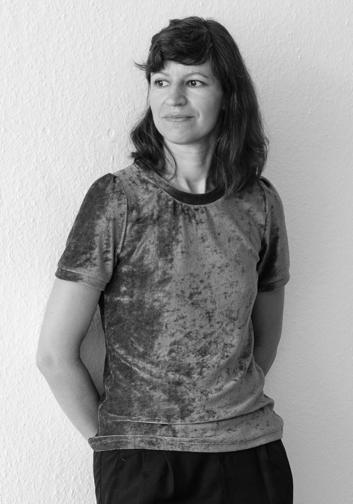
Ieva Epnere (*1977 in Liepāja, Latvia) produces photographs and moving image that are deeply imbued with the essence of the artist’s concerns—they evoke it, condense it, analyze it. What enables her to access this essence is her method of using extreme close-ups to focus on communal rituals and personal memories, people and what they do and the stories they tell, and always with a gaze that is as sharply analytical as it is empathetic.
It was in this spirit that Epnere’s exhibition Sea of Living Memories, shown in 2016 at Art in General in New York and kim? Contemporary Art Center in Riga, focused on the traces of the Soviet era that are still to be found on Latvia’s Baltic coast. The film Potom (Later) (2016), shot in Liepāja, follows an anonymous man during one of his regimented, ascetic, lonely days. The wrinkles of his aging face are of interest as much as the cracks in the wall paint and the uneven wooden floorboards of the ruinous, derelict building in which he moves about. The faded colors reflected in the gray of the shore, the sea, and the sky, together with the uniform he wears, seem to point to a past life that has run its course or to a life that only continues into the present as a ghost of its former self. Again and again, the camera returns to dwell on the ruins of a Soviet fortress at the shoreline. The fortress is also the subject of a handwoven carpet that is on display in the exhibition, alongside the felt blankets from the man’s bed. Other elements include the video Sea of Living Memories (2016), which has lent its title to the exhibition. In this work, inhabitants of Pāvilosta, a small port on the Baltic Sea, share their memories of the time when their town hosted a Soviet military base: they speak about the entry restrictions, the prohibition of access to the shore, and, above all, the interactions between the Latvian locals and the soldiers, school groups and weddings.
After the political and social upheavals caused by the independence of Latvia, the stories now told about this time by both Russian and Latvian witnesses seem to belong to a remote, almost legendary past, yet the consequences of the events still make themselves felt in everyday life. Even though Epnere’s video Four Edges of Pyramiden (2015) again focuses on a place saturated with a Soviet past, her perspective is not historical in this case. In this close-up study of an abandoned coal mine, now a ghost town and tourist attraction, it is again the tales of the local residents that are placed center stage. These oral histories direct the gaze away from the sociopolitical past of the place and towards its spiritual dimensions and the life of nature. This aspect surfaces repeatedly in Epnere’s oeuvre, be it in her focus on landscapes or her interest in rural traditions. A case in point is the video Es mācēju danci vest (I know how to dance, 2018). Here, the artist celebrates folk dance and its instruments, choreography and music, and traditional costumes. Here, too, rituals, traditions, and memories are the focus of her creative interest, both as manifestations of the past in today’s world and as key factors that contribute to the formation of a sense of identity.
Epnere lives and works in Riga, Latvia. In 2018 alone, she presented the solo exhibitions On Water, Wind and Faces of Stone, Fogo Island Gallery, Fogo Island, Newfoundland, Canada, and Hybrid Identities, HIT Gallery, Bratislava; her works were also on display at the first Riga International Biennial of Contemporary Art, Jewish Museum and Tolerance Center in Moscow, and Villa Vassilieff in Paris. Also in 2018, she was an artist-in-residence at laspis in Stockholm and on Fogo Island, Newfoundland.
Past
-
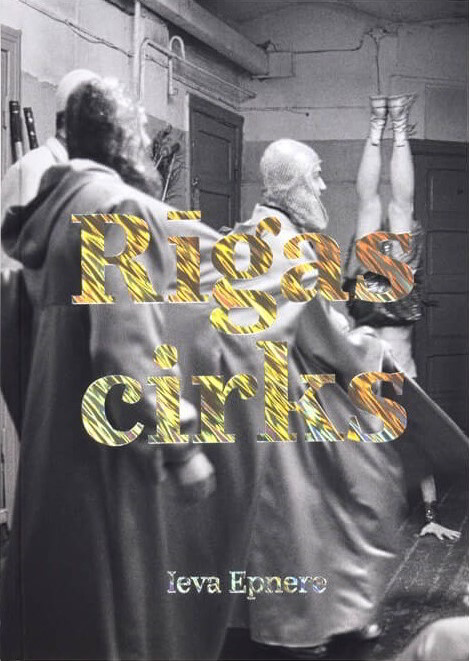
Rīgas cirks Riga Circus
Ieva Epnere2020, Catalog

This publication, that was developed during Ieva Epnere’s fellowship with the Artists-in-Berlin Program of the DAAD, symbolically marks four stages of her single, larger work.
For four years during the mid-aughts, photographer, video and film artist Ieva Epnere (b. 1977) immersed herself in the life of the Riga Circus.
Texts: Ieva Epnere, Tom McCarthy, Zane Onckule, Anita Vanaga
Language: Latvian, EnglishPublisher: BOM DIA BOA TARDE BOA NOITE, DAAD Artists-in-Berlin Program
Order: books@bomdiabooks.de


